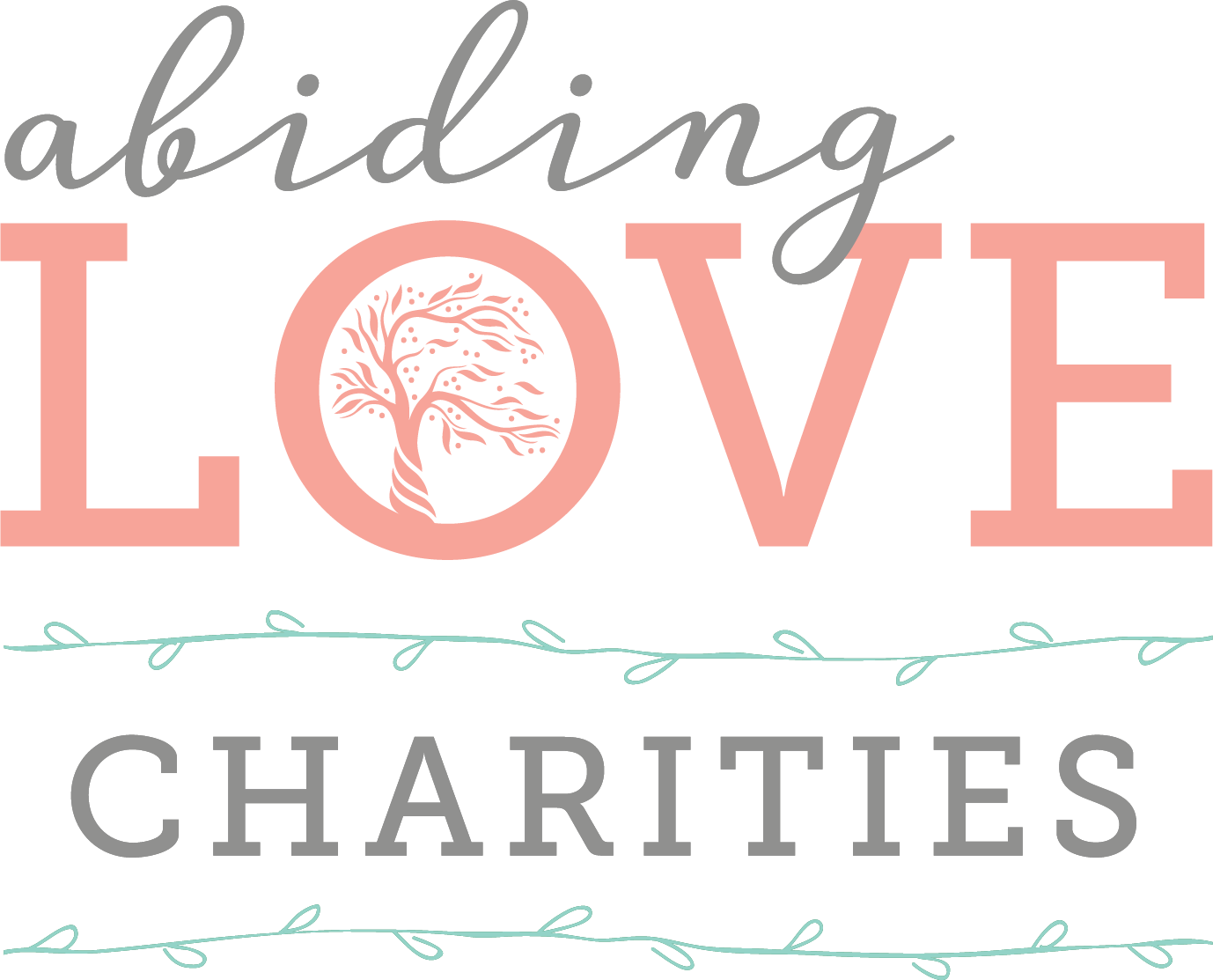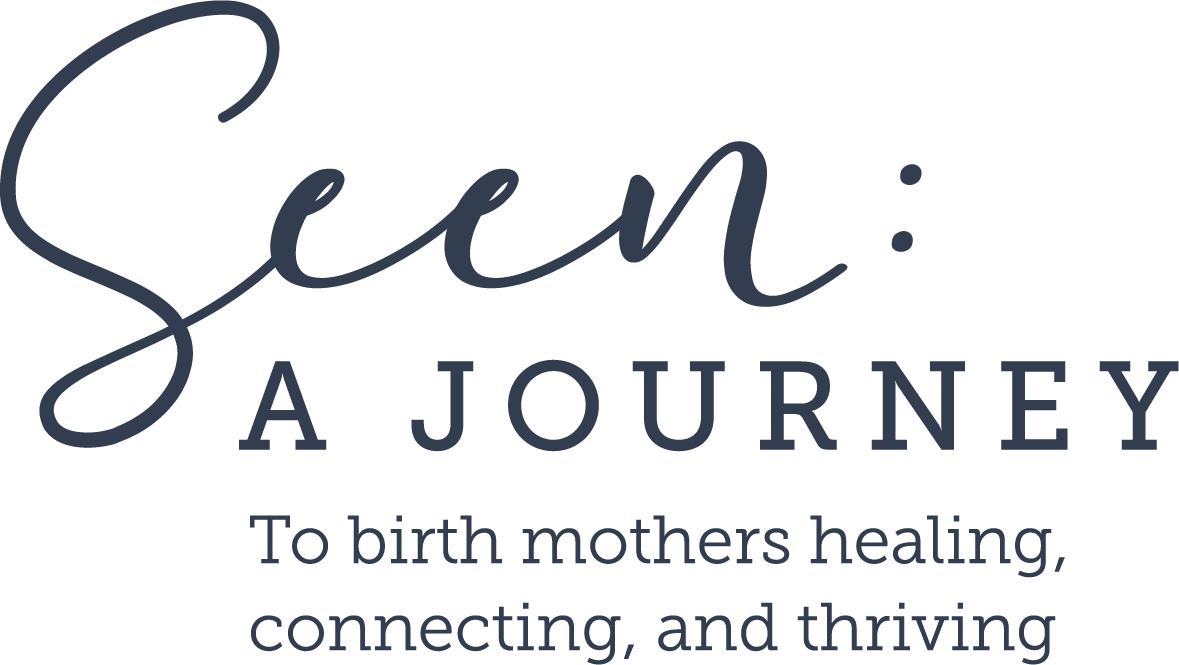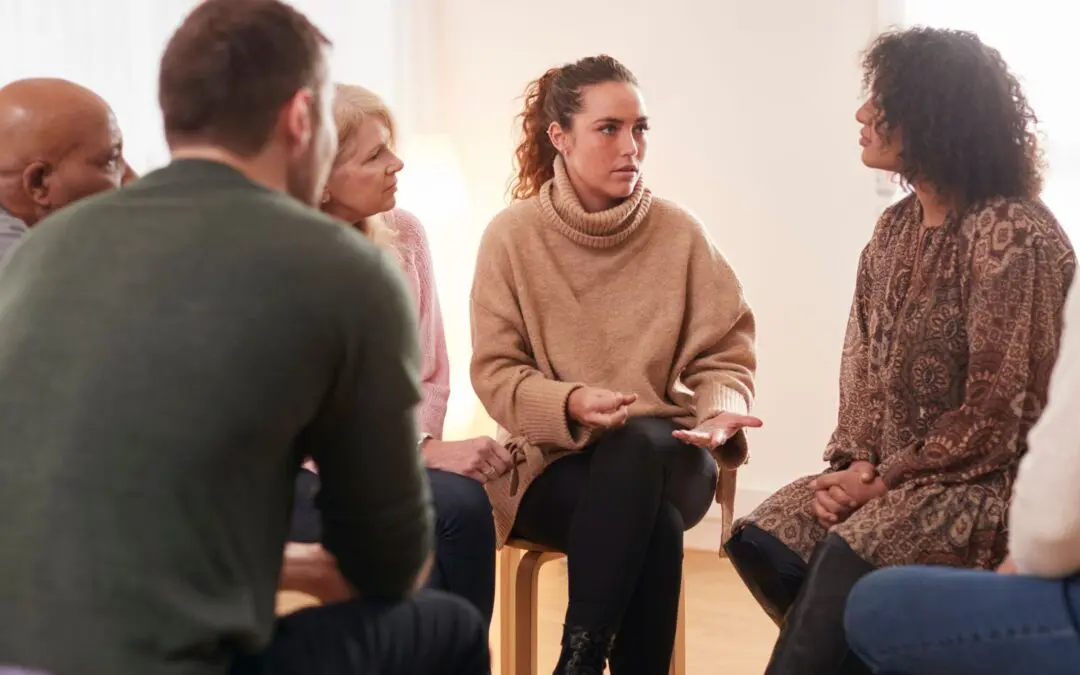Several years back, I attended an Adoptee support group for adults. I had been part of this support group for several months and thoroughly enjoyed the connections I had made with the other people in our group. One of the women in the group shared the story of her search and then the reunion of her biological mother. She talked about the joys and pains of such a big moment and how one is never fully prepared to meet one’s biological mother years after separation.
I’ve never thought of myself as an envious person. I am not overly concerned with chasing the latest trends or comparing myself to those with bigger houses or flashier cars. Of course, I have my moments of comparison. However, for the most part, I find contentment in the blessings of my life.
You can imagine how confused and embarrassed I felt when I recognized my jealousy and anger toward a fellow adoptee. I wanted to be her; I wanted to be the one searching for her mom and the one who found her. I longed to feel the embrace of my birth mother, and I still ache for her. But deep down, I knew I would never have that opportunity because my birth mother passed away when I was just 3 years old. Now, at 37, there hasn’t been a single day that I haven’t thought about her. For 35 years, I’ve been dreaming of her and searching for connection in any way I can. Even today, I wrestle with feelings of jealousy toward those who get to hold their mothers and hear their voices.
Steps to Release Envy as an Adoptee
- Recognize and Validate Your Feelings
- Acknowledge the envy: It’s okay to feel envious—it doesn’t make you ungrateful or wrong.
- Name the trigger: Is it about someone’s relationship with their biological family? Their understanding of their identity? Recognizing what sparks the envy is the first step toward healing.
- Explore the Root Cause
- Ask yourself why: Does the envy stem from feelings of loss, abandonment, or comparison?
- Be compassionate with yourself: Your emotions are deeply tied to your story, and they deserve to be heard.
- Reframe Your Perspective
- Focus on your strengths: Reflect on the resilience and unique experiences that have shaped you.
- Recognize complexity: Understand that everyone’s journey—adoptees, biological families, and adoptive families alike—comes with its own struggles.
- Take Steps Toward Healing
- Define your goals: What do you want to achieve in your journey of self-discovery and healing?
- Seek growth opportunities: Envy can point to areas where you’d like to grow, whether it’s deepening your relationships, finding community, or learning more about your story.
- Build Empathy and Connection
- Celebrate others’ stories: When you see other adoptees reconnecting with their biological family or thriving in certain areas, try to find joy in their victories while staying grounded in your own story.
- Share your story: Open up to trusted individuals, adoptee communities, or support groups. Being vulnerable can foster deeper connections.
- Lean on Your Faith and Values
- Pray for guidance: If faith is part of your journey, ask for peace and understanding in moments of envy.
- Focus on what you can give: Acts of kindness or advocacy within the adoption community can shift your perspective from comparison to contribution.
- Let Go of What You Can’t Control
- Accept the past: You cannot change what’s happened, but you can embrace your present and future.
- Forgive where possible: Forgive yourself for feeling envious and, if necessary, extend grace to others involved in your story.
- Cultivate Self-Awareness and Ongoing Growth
- Notice patterns: Are there specific situations, people, or stories that repeatedly spark envy? Understanding these can help you prepare and respond differently.
- Invest in self-discovery: Journaling, therapy, or creative outlets can help you process and release emotions in healthy ways.
When Celebrating And Sorrow Coexist With Envy In Adoption
Sometimes, it is hard to articulate what is going on when feelings of envy in adoption stories with other adoptees arise. It can also be frustrating to pinpoint the issue in a way others can understand. That is why community with other adoptees is so essential. Being on the Internet and scrolling through stories from other adoptees might feel helpful at the time, but community and connection are what is needed. Being in safe spaces to talk to real people about what you are going through is critical to healing in an adoption journey.
It is more than being on a group page. It is about knowing names and recognizing faces. If you want to connect on a deeper level and find connections with other adoptees who are anxious to make connections and friends with similar people, find some online and in-person groups in your area that can help you get connected. The more we relate to one another, the less envy in adoption has a chance to take root.


